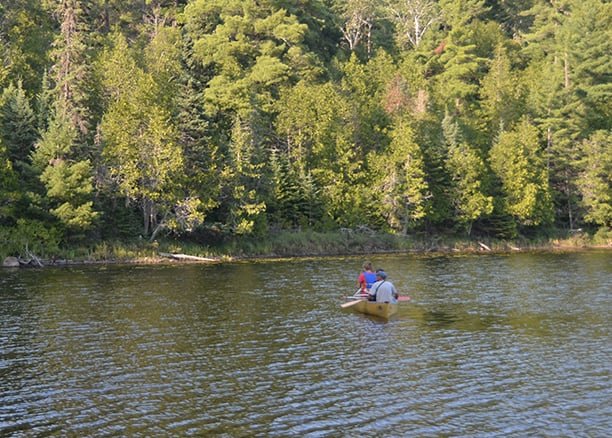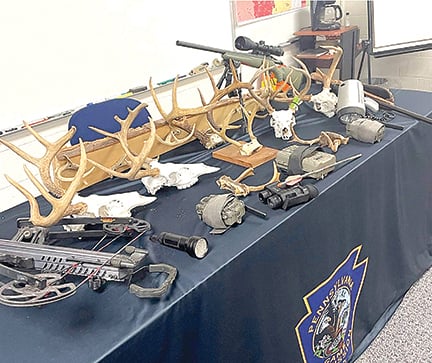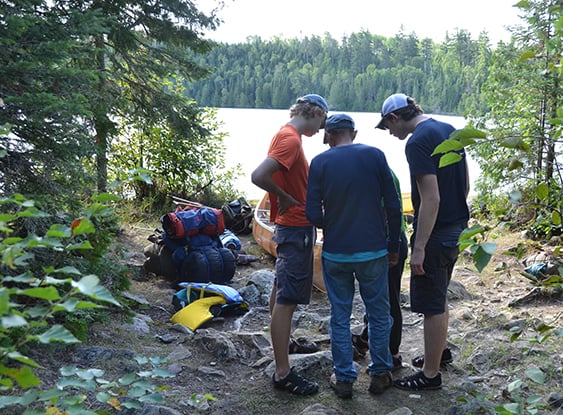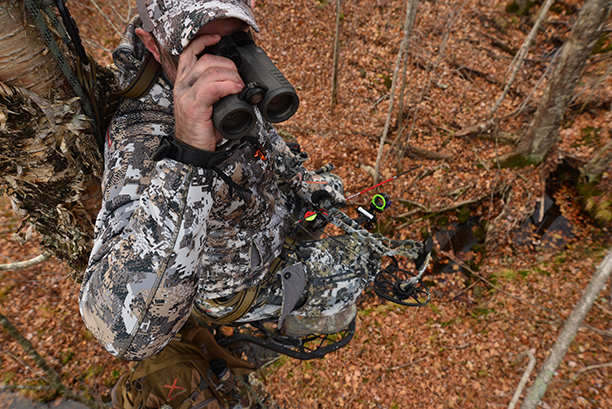Provision to allow copper-nickel mining near Minnesota’s Boundary Waters pulled from House – Outdoor News

Washington, D.C. — On Tuesday evening, June 10, advocates for protecting the Boundary Waters Canoe Area Wilderness applauded the removal of a provision (Section 80131) from the U.S. House Reconciliation Bill that would have opened up the Rainy River watershed surrounding the wilderness to sulfide-ore copper mining.
“Today marks a victory in our fight to protect the Boundary Waters,” said Sen. Tina Smith, D-Minn., in a press release issued by the Save the Boundary Waters organization. “Buried deep in President Trump and Republicans’ Big Beautiful Bill was a provision that gave a foreign mining company full permission to build a copper-nickel sulfide mine right on the doorstep of the Boundary Waters…
“Today, I am relieved to announce that we were successful in forcing Republicans to drop this language attacking the Boundary Waters from the bill.”
MORE COVERAGE FROM MINNESOTA OUTDOOR NEWS:
Minnesota DNR’s latest draft of state Wildlife Management Area plan sees movement, again
Minnesota’s omnibus environment bill headed to Gov. Walz
Upsala 15-year-old takes high gun to jumpstart huge Minnesota trapshooting event
Section 80131 would have removed Biden-era protections from the BWCAW watershed and opened the door to copper -nickel mining. It called for the return of federal mineral leases to Twin Metals Minnesota, a subsidiary of the Chilean mining company Antofagasta, without any chance for public challenge or judicial review.
“The Boundary Waters is a natural treasure, ecological wonder, and vital economic driver, said Ingrid Lyons, executive director of Save the Boundary Waters. “Thanks to the tireless efforts of public lands defenders in Congress, today brings good news for the millions who cherish this iconic place. America’s most visited wilderness has narrowly escaped inclusion in the Big Beautiful Bill, which would have almost guaranteed irreversible pollution from toxic copper mining in this fragile ecosystem.”
In a Facebook post on Tuesday night, the Sportsmen for the Boundary Waters organization also called it a huge win for the BWCAW.
“This action was eventually taken to comply with Senate rules, all but ensuring the effort to include the Boundary Waters in the Senate version will fall short,” the post read. “But make no mistake, this win is thanks to a collective effort by conservation organizations, elected officials, outdoor businesses, stakeholders, and Boundary Waters advocates like YOU.”
Advocates for copper-nickel mining near the BWCAW in northeastern Minnesota say it would provide high-paying jobs while being able to protect the Boundary Waters through modern mining methods. Opponents say the risk is too great to one of the country’s most unique, vast, and visited wilderness areas that contains more than a million acres of connected lakes and rivers.
The BWCA provides abundant habitat for fish and wildlife species, as well as drawing visitors from all over the country, which generates a huge economic impact in the region.
While Tuesday was a win for opponents of copper-nickel mining near the Boundary Waters, organizations were quick to say the fight will continue to protect public lands.
“Make no mistake: the threats in Washington to our public lands are far from over,” Lyons said. “People across the country who love our public lands must stay united and vigilant. Now is the time to stand up for America’s wild places.”






